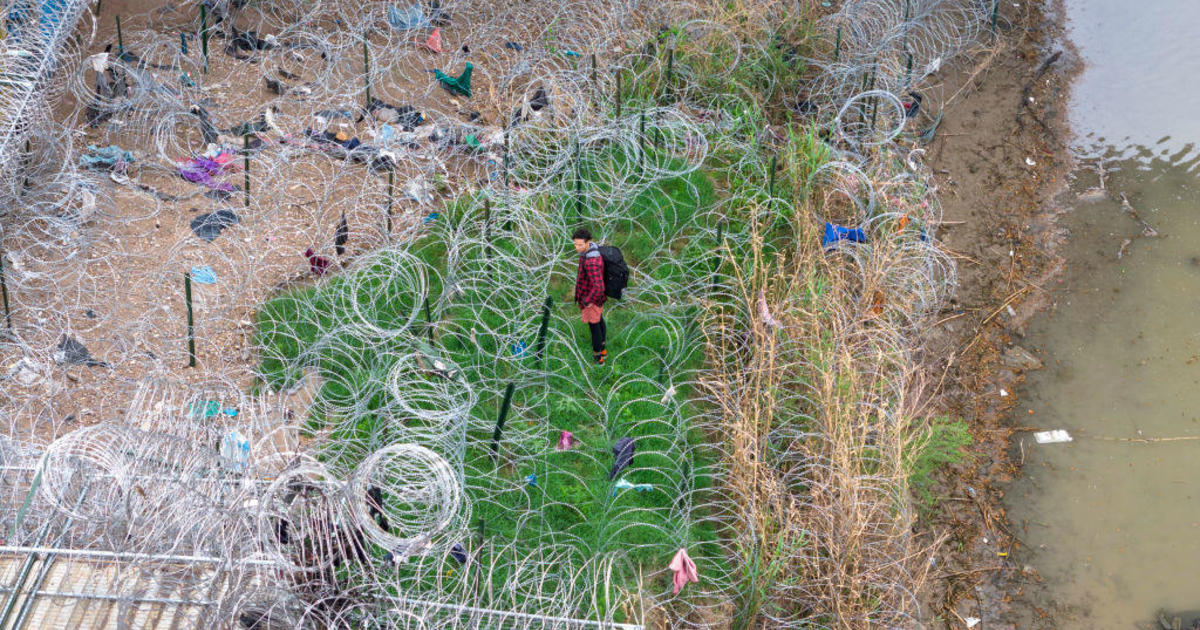Supreme Court Justice Samuel Alito has extended an order preventing Texas officials from detaining and jailing migrants suspected of crossing the U.S. southern border without authorization under the state’s new immigration law, SB4. This law, passed by the Texas legislature last year, criminalizes unauthorized migration at the state level, creating a felony charge for illegal reentry. The Biden administration has called SB4 unconstitutional, leading to a legal challenge that is currently being considered by the U.S. Court of Appeals for the 5th Circuit.
The Justice Department has requested that the Supreme Court put SB4 on hold while the court challenge plays out, arguing that the law conflicts with federal immigration laws and the Constitution. SB4 allows Texas law enforcement officials to stop, jail, and prosecute migrants for illegal entry and reentry, as well as order them to return to Mexico instead of facing prosecution. The federal government has also raised concerns about the impact of SB4 on relations with the Mexican government, which has criticized the law as “anti-immigrant.”
Governor Greg Abbott has defended SB4 as a necessary measure to deter illegal immigration, criticizing the federal government for not doing enough to address the issue. Over the past few years, Texas has taken aggressive steps to challenge federal immigration policies, including busing migrants to Democratic-led cities, deploying security measures along the border, and filing lawsuits against federal programs. The Biden administration’s efforts to push back against state immigration laws like SB4 reflect a broader debate over the balance of power between federal and state governments on immigration policy.
Alito’s decision to pause enforcement of SB4 on an administrative basis maintains the status quo while the court considers the Justice Department’s request for emergency relief. The full Supreme Court has not yet acted on the request to put the law on hold. The outcome of the legal challenge to SB4 will have significant implications for immigration enforcement at the state level and the relationship between state and federal authorities on immigration policy. As the case continues to unfold, the debate over state immigration laws like SB4 will likely remain a contentious issue at the intersection of politics, policy, and constitutional law.









